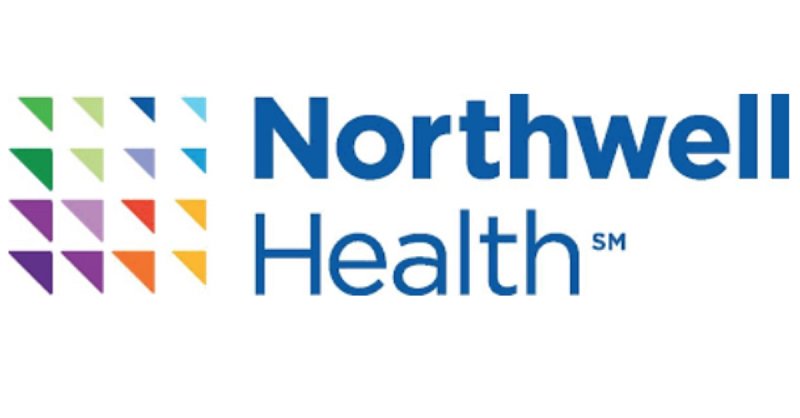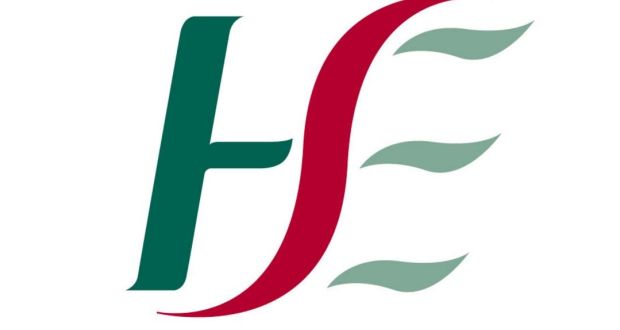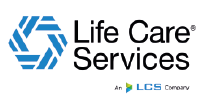How Communication Features Boost Staff Engagement in Real Time
In the fast-paced environment of healthcare, clear and timely communication is essential. Scheduling isn’t just about assigning shifts, it’s also about making sure that staff are informed, engaged, and empowered. Healthcare staff scheduling software with built-in communication features can dramatically improve how teams operate and collaborate.
In this article, we examine how CliniShift improve staff engagement through real-time communication tools.
The Cost of Poor Communication
When staff are not on the same page, the consequences can be costly:
- Missed or double-booked shifts
- Increased reliance on last-minute solutions
- Confusion around shift swaps and requests
- Low morale and disengagement
These issues impact not only operations but also patient care quality.
Learn about benefits of healthcare staff scheduling software


Key Communication Features in Scheduling Software
- Instant Notifications: Push notifications guarantee that staff are informed of new shifts, changes, and approvals instantly. This avoids misunderstandings and reduces the need for follow-up emails or calls.
- Integrated Messaging: In-app messaging centralizes communication, enabling staff to communicate with managers or coworkers about shifts, preferences, or emergencies.
- Shift Requests Staff can express interest in open shifts or request changes, increasing their autonomy and participation in the scheduling process.
- Availability Management: Team members can update their availability in real-time, making sure schedules are built with accurate information.
How These Features Drive Engagement
- Empowerment: When staff can easily communicate and contribute to the scheduling process, they feel valued and heard.
- Transparency: Real-time updates reduce surprises and eliminate feelings of favouritism or mismanagement.
- Flexibility: Enhanced communication tools allow for easier shift uptake and faster responses to changes.
Improved Engagement = Better Outcomes
Research shows that engaged healthcare workers are more productive, less likely to leave, and contribute to better patient outcomes. Better communication fosters a more inclusive and responsive workplace.







